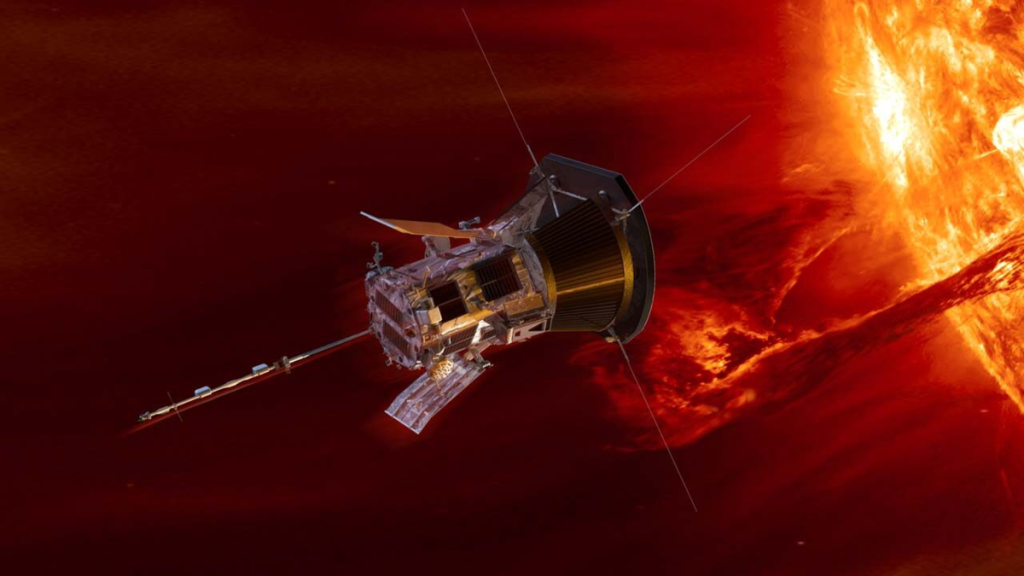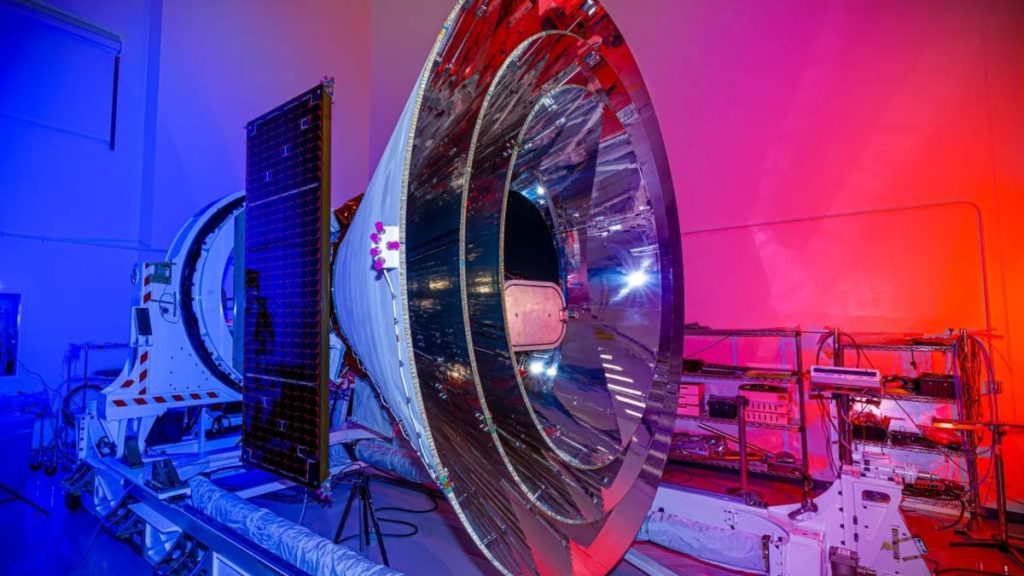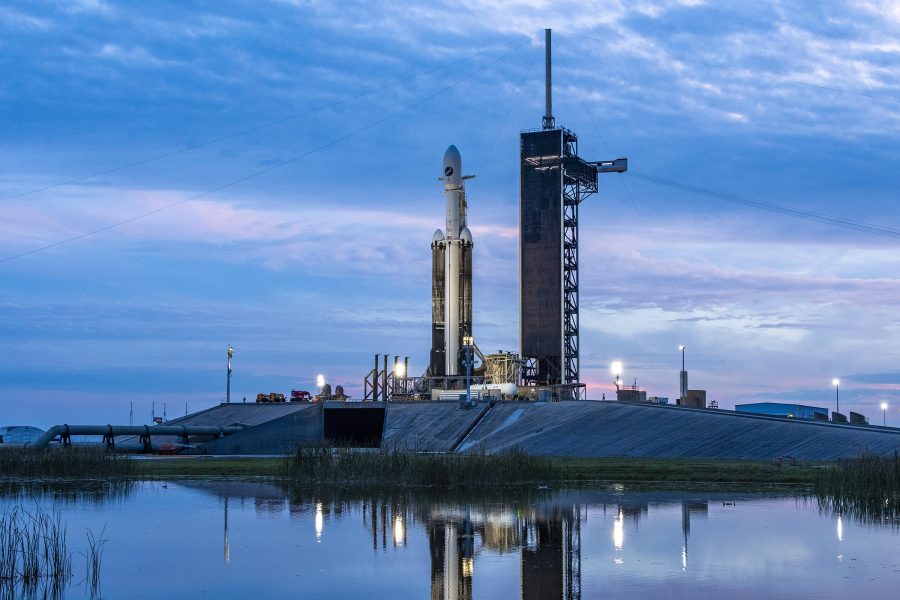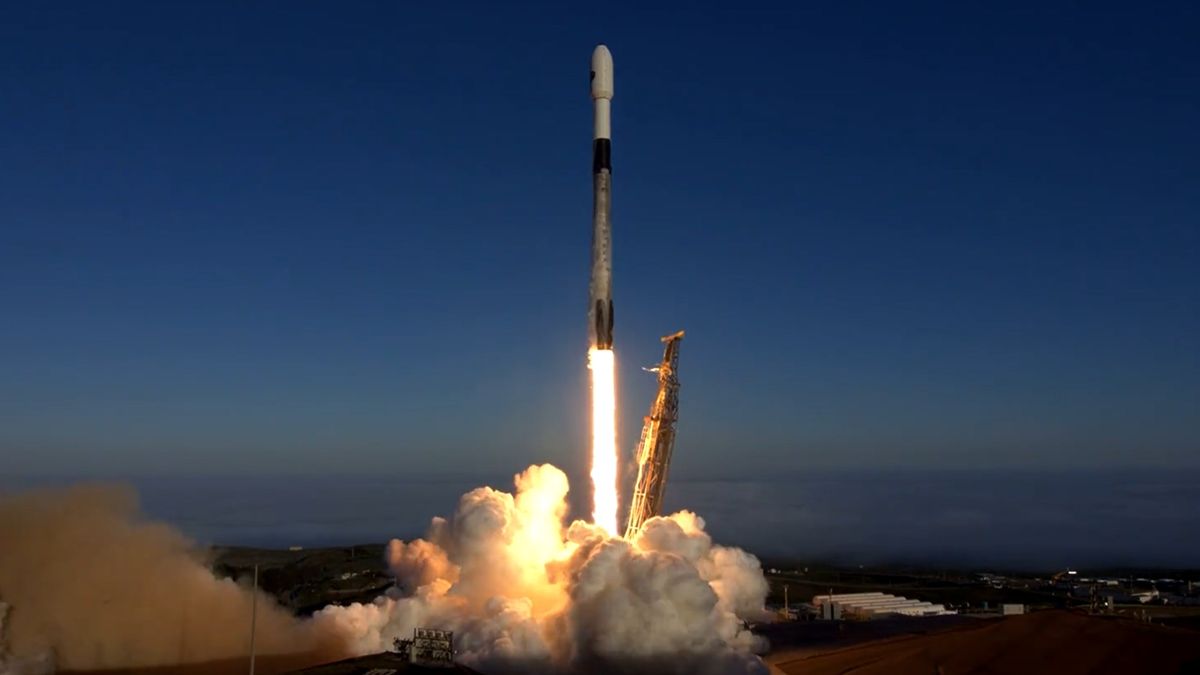Executives advocate for a tighter connection between commercial and military technology.

Executives urge closer integration of commercial and military tech (Image Credit: Space News)
ORLANDO, Fla. — Despite recent progress, space industry executives stress the need for greater integration of commercial technology with military capabilities to enhance the resilience and effectiveness of hybrid architectures.
The National Security Agency and National Cyber Center helped Viasat combat a cyber attack on one of its satellites in the early days of Russia’s war in Ukraine, Rebecca Cowen-Hirsch, a senior vice president of government strategy and policy at the operator, said Dec. 10 during the Spacepower Conference here.
The incident underscored the critical role of partnerships between government and commercial entities in navigating shared challenges in the space domain.
“Today, I think we have a fairly decent federated pickup game,” Cowen-Hirsch said, “and while you can certainly have successes in that regard, there’s a significant amount of work that we have yet to accomplish.”
Optimizing and improving interoperability is particularly important for integrating allied systems and resources, she added.
“We have a lot of work yet to do to do this integration, where we have the ability to take the best that commercial brings to bear right alongside and foundational to the core military capabilities,” she said.
Ricky Freeman, vice president for Kuiper Government Solutions, a division within the Project Kuiper broadband constellation Amazon plans to begin deploying next year, said industry could bring a breadth of capabilities and ubiquity to a war effort today but not mission-critical applicability.
“Do we currently have the capability … as a commercial and a government hybrid entity to connect all sensors, connect all shooters, connect across all domains — your land, space and cyber — for the single purpose of accelerating decision making?” Freeman asked. “We’re not there.”
“And largely it’s because we are not at that space where the commercial capabilities are fully understood, fully comprehended, fully integrated, and fully embraced.”
Freeman advocated for a unified forum to streamline efforts and establish standards that would enhance compatibility between commercial and military sectors.
“There are so many capabilities that industry is bringing to the table that need to be vetted [and] made available to the warfighter,” he continued. Still, there is currently no holistic strategy for getting all solutions back into the acquisition space.
Breaking down “walls of mistrust” between defense and for-profit commercial entities is critical for fostering collaboration, he said, adding that clearer communication of government needs enables private companies to align their technology development efforts better.
Operating more transparently is vital for addressing shared threats in the space domain, Viasat’s Cowen-Hirsch said, and fostering the unified responses needed in today’s dynamic and challenging environment.










